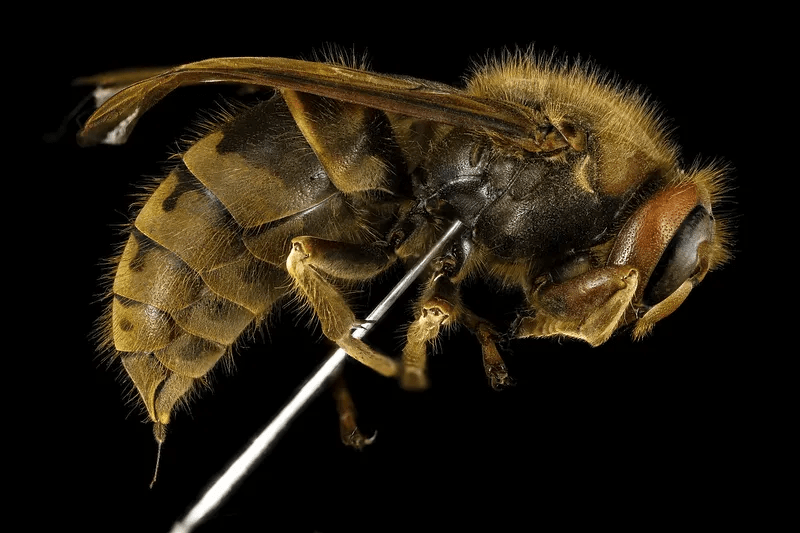“We don’t know for sure what the distant future will be like, but a bee-light medium-term future is looming, and that is very disturbing… People living today will be seriously damaged by a massive reduction in numbers of pollinator insects.” [philosopher Nigel Warburton]
.
The idea of ‘sustainability’ is very slippery – so much so that it has been used and abused until it means almost nothing: Futures Forum: The semantics of sustainability: ‘sustainable development’… or ‘sustainable growth’ … or ‘sustained economic growth’… or ‘development for sustainability’…
This very personal piece from Sidmouth in August 2020 has a good go at what ‘sustainability’ means – if we can avoid ‘mixed messages and avoiding responsibilities’ and just accept that “it is incontrovertible that the earth can not sustain our current lifestyles and that certain things we do make matters worse”. It also looks at some positive actions! Getting to sustainability – Vision Group for Sidmouth
Looking beyond the Sid Valley, interestingly, more and more businesses over the last decade have been considering ‘longtermism’ as a way to look afresh at ‘sustainability’: Unilever chief on long-termism and sustainability | Financial Times and Why We Need Corporate Long-Termism & Responsible Investment and The link between long-termism and sustainability | Investor Strategy News
However, not everyone is convinced – with the philosopher Émile P Torres writing in October 2021:
The point is that longtermism might be one of the most influential ideologies that few people outside of elite universities and Silicon Valley have ever heard about. I believe this needs to change because, as a former longtermist who published an entire book four years ago in defence of the general idea, I have come to see this worldview as quite possibly the most dangerous secular belief system in the world today. But to understand the nature of the beast, we need to first dissect it, examining its anatomical features and physiological functions. Why longtermism is the world’s most dangerous secular credo | Aeon Essays
Here’s another philosopher writing earlier this month. Nigel Warburton considers how the extensive use of neonicotinoids to provide us with cheap sugar is not a ‘sustainable’ approach to farming – and he’d prefer a ‘less exotic short- to mediumtermism’ instead of the idea of ‘longtermism’. Here are some excerpts from his recent piece:
The short-term fix that is bad for bees
Sugar is bad for us. We know this, but as a nation we consume a lot, whether in sweetened drinks, cakes, or other food. That’s why sugar farming is a big industry in the UK. In tropical and subtropical climates they grow sugar cane, but here homegrown sugar comes from beet. But beet suffers from yellow virus, a disease spread by aphids. Yellow virus can destroy a crop.

If you want to kill aphids, neonicotinoid pesticides are very effective. They act on insects’ nervous systems. Unfortunately, they also take out honey bees, bumble bees, and solitary bees as collateral. Even where the insecticide picked up in pollen or nectar doesn’t kill these bees, it can damage their ability to forage and reproduce. Wild flowers nearby can build up residues of toxins too. It’s a dangerous time to be a bee.
Yet the UK government… has decided to allow the emergency use of neonicotinoids on sugar beet, despite independent scientific advice warning against this… But the cost will be very high for bees. This is iatrogenic medicine, a treatment that leaves the patient in a worse condition because of side effects. This year’s crop will probably be OK, but the future of food farming in the UK will be jeopardised.
Many fruit and vegetable plants are dependent on pollinator insects. Bee populations are already in serious decline due to climate change, disease, and loss of habitat, but also because too many farmers have used toxic chemicals unwisely. The government’s short-termism here is disappointing…
Assuming the interests of the virus-spreading aphids and of the bees don’t count for much, and the consequent health-damaging effects on the population of cheap sugar production aren’t too great, then perhaps the government could argue on utilitarian grounds that this is the best way to maximise beneficial outcomes. But any analysis which takes a slightly longer view will show neonicotinoid use to be reckless short-termism. It will kill beneficial insects and so will damage food farming.
If we take a much longer-term view, a dramatic and perhaps irreversible drop in pollinator numbers would be a disaster not just for people living now, but for those who have yet to be born. There could be trillions of these before humans go extinct…
Recently, some Oxford-based longtermist philosophers, including Nick Bostrom, Toby Ord and Will MacAskill, revealed they are prepared to bite that bullet: they’ve argued in favour of giving a surprisingly large weighting to the interests of all those not yet existent people. I’m sceptical about aspects of their longtermism, particularly their confidence in the predictions they make about what is likely to happen in the distant future.
But we don’t need to join the longtermist philosophers with their concerns about the trillions of unborn people’s interests or make accurate predictions about future centuries to recognise that people living today will be seriously damaged by a massive reduction in numbers of pollinator insects. A less exotic short- to mediumtermism is sufficient to see how foolish it is to license neonicotinoid use.
We don’t know for sure what the distant future will be like, but a bee-light medium-term future is looming, and that is very disturbing. And for what? Sugar.
Everyday Philosophy: The short-term fix that is bad for bees – The New European
So, should we refashion the VGS strapline as ‘Working towards a medium-term future for Sidmouth’?
Maybe not, as it doesn’t sound quite as catchy…
.